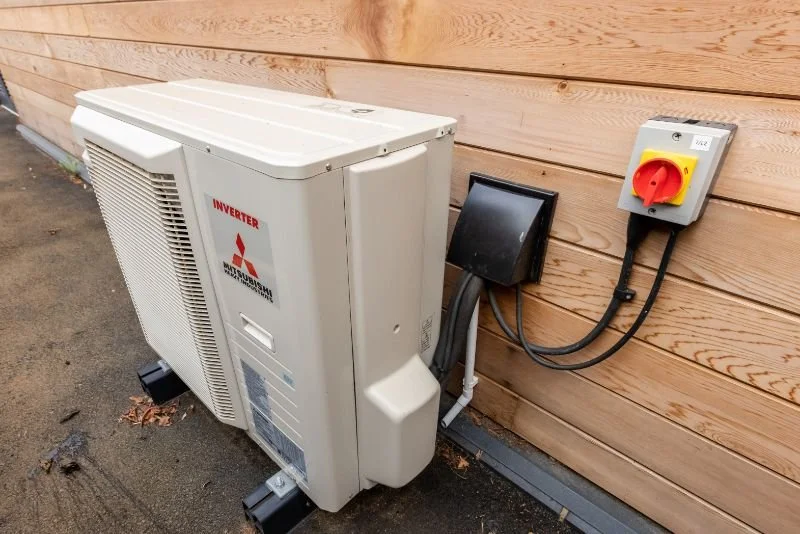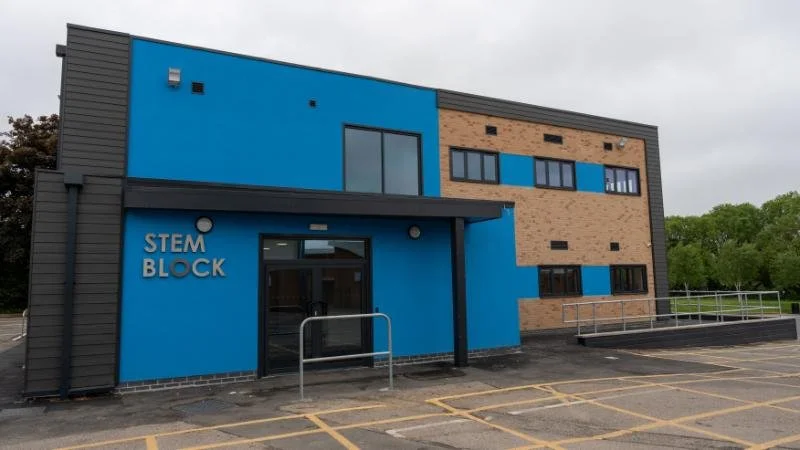Schools urged to double up on green funding
Schools wanting to replace fossil-fuel boilers with low-carbon alternatives are being urged to make use of two Government funding schemes.
Many academies and Multi-Academy Trusts (MATs) are looking to switch to greener energy to save money and help fight climate change.
With budgets stretched, however, they are often seeking financial help to pay for the transition.
Making green energy more affordable
Now schools are being encouraged to combine two Government funding streams to make new heating systems more affordable.
The first scheme is the Condition Improvement Fund (CIF) and the second the Public Sector Decarbonisation Scheme (PSDS).
The CIF is intended to address significant condition need in schools and the guidance for the just-launched latest round includes a new priority for this year: “Critical replacement of coal and oil boilers with low-carbon heating systems".
This new “Priority Project Type” includes projects for replacing expired oil and coal boilers with low-carbon alternatives to prevent school closure.
It ties in with UK regulation planned to phase out the installation of new fossil-fuel heating systems for off-gas-grid non-domestic buildings from 2024, which will mean switching to low-carbon alternatives. For on-gas-grid buildings, new natural gas boilers will then be phased out from 2035.
The PSDS provides grants for public-sector bodies to fund energy efficiency and heat decarbonisation measures.
How can schools make maximum use of the CIF and PSDS?
Now the Department for Education is urging academies and MATs to use both the CIF and PSDS to go greener:
PSDS applicants are expected to contribute the costs of like-for-like replacement of their existing heating system as part of their decarbonisation project.
Applicants can use potential CIF funding for this contribution.
Applicants who plan to submit a PSDS application for low-carbon heating should therefore apply to CIF for the like-for-like replacement of their fossil-fuel heating system.
The DfE explains: “If approved via CIF, this funding can be used as the Trust’s contribution towards the PSDS project and the CIF project will effectively be upgraded to the heat-pump project to be delivered as part of the PSDS project.”
Academy and MAT contributions to the PSDS must cover at least 12% of the project costs. If the CIF funding does not meet this threshold, the Trust will need to find the rest elsewhere.
The DfE does stress, however, that academies and MATs should not apply for CIF funding for energy efficiency works unless they form part of a larger proposal where the primary purpose is to address poor condition.
Find out here if your school is eligible for the CIF. In a nutshell, applicants must be a stand-alone academy or a school in a MAT with fewer than five schools or fewer than 3,000 pupils.
100% success rate
The regulations around both the CIF and PSDS are complex, and engaging expert help from chartered surveyors such as the specialists at Surveyors to Education (S2e) can help schools put forward their strongest possible case.
Only a third of CIF applications succeed – but S2e’s success rate for clients is an outstanding 85%.
The current round of PSDS (Phase 3b) opened last month and will close as soon as the scheme is fully subscribed – S2e achieved a 100% funding success rate for over 30 schools and academies in the previous round.
Greater energy efficiency
More broadly, CIF applicants are expected to consider energy-efficient and environmentally sustainable options in their condition improvement projects, as part of the move towards reducing CO2 emissions and future-proofing estates. They will need to demonstrate these factors have been taken into consideration through a net zero transition plan/sustainable estate strategy.
The DfE gives these examples of sustainable projects:
Solar panels on building rooftops
Optimise the ventilation and heating of building management systems
Install automatic movement sensors for switching off lighting
Green rooftops (anything from basic plant cover to a working garden)
Collecting rainwater
Water-saving mechanisms in toilets
Installation of an air-source/ground-source heat pump or hybrid heating system
Insulation of pipework, walls and ceilings
Double-glazed windows
LED lighting
Contact us today if you would like help applying on 0116 5070130 or email enquire@s2e.org.uk.









